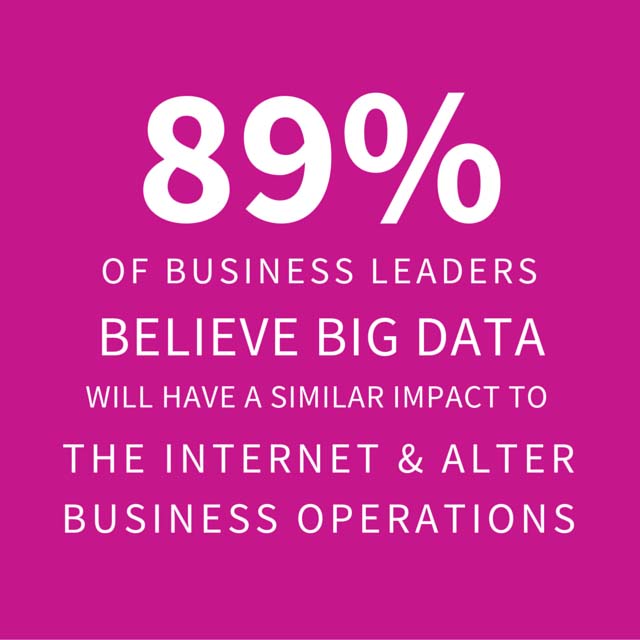
As the rise of the global digital economy continues unabated, a survey released on Wednesday by CB Insights and KPMG found that $37.6 billion venture capital investment was secured by start-ups in the last quarter. These are the highest figures since 2001 and an astonishing 77% went specifically to tech companies.[1]

Even more encouraging has been the geographical spread of this investment across the world. In the US, three of the nine largest venture capital investments made in 2015 went to technology companies,[2] whilst data last week from London & Partners reported a further $1.5 billion brought in by London’s technology firms so far this year.[3] The booming Asian technology markets not only attracted $13.5 billion, but have also started investing elsewhere as well.[4]
With such a positive market response, it’s an exciting time for technology innovators. In particular, those companies that are embracing the opportunities presented by Big Data and Analytics are well-placed for continued success. The International Data Corporation (IDC) predicts that the global data analytics market will reach $125 billion in revenues this year,[5] with Big Data tools promising revolutionise the way we live, work and communicate. Indeed, according to an Accenture survey, 89% of business leaders believe that Big Data will have a similar impact to the Internet and fundamentally alter business operations.[6]
Big Data and Analytics are well-placed for continued success. The International Data Corporation (IDC) predicts that the global data analytics market will reach $125 billion in revenues this year,[5] with Big Data tools promising revolutionise the way we live, work and communicate. Indeed, according to an Accenture survey, 89% of business leaders believe that Big Data will have a similar impact to the Internet and fundamentally alter business operations.[6]
These statistics underline the importance of keeping up in the digital era and 79% of business leaders agree that ‘companies that do not embrace Big Data will lose their competitive position and may even face extinction.’ Most leaders anticipate that their customer relationships and product development are likely to be the most heavily impacted by data analytics.
However, the impact of analytics is far from being fully realised with internal data gathering and analysis lagging behind more external, customer-centric work. Unfortunately a 2015 survey by Evans Data Corporation showed that only 10.9% of respondents said that their organisation currently uses advanced data analytic solutions as part of their HR process, indicating a large gap in the way companies are envisaging the application of Big Data to their business.[7] In the fast-growing technology – and specifically data analytics – market, there is clearly far more room for data use within HR and operations.
In order to fully realise the business potential of analytics, firms need to look at far more ways to apply analytics to become more agile and flexible and increase productivity. In particular the rising trend of spatial analysis can help produce important insights about the way in which the nature of work is changing and enable organisations to adapt to the new global economy.
Sources
[1]https://economictimes.indiatimes.com/[2] https://nvca.org/research/
[3] https://www.techweekeurope.co.uk/
[4] https://yourstory.com/2015/09/chinese-tech-startups/
[5] https://www.forbes.com/sites/louiscolumbus/2015/05/25/roundup-of-analytics-big-data-business-intelligence-forecasts-and-market-estimates-2015/
[6] https://www.forbes.com/sites/louiscolumbus/2015/05/25/roundup-of-analytics-big-data-business-intelligence-forecasts-and-market-estimates-2015/



